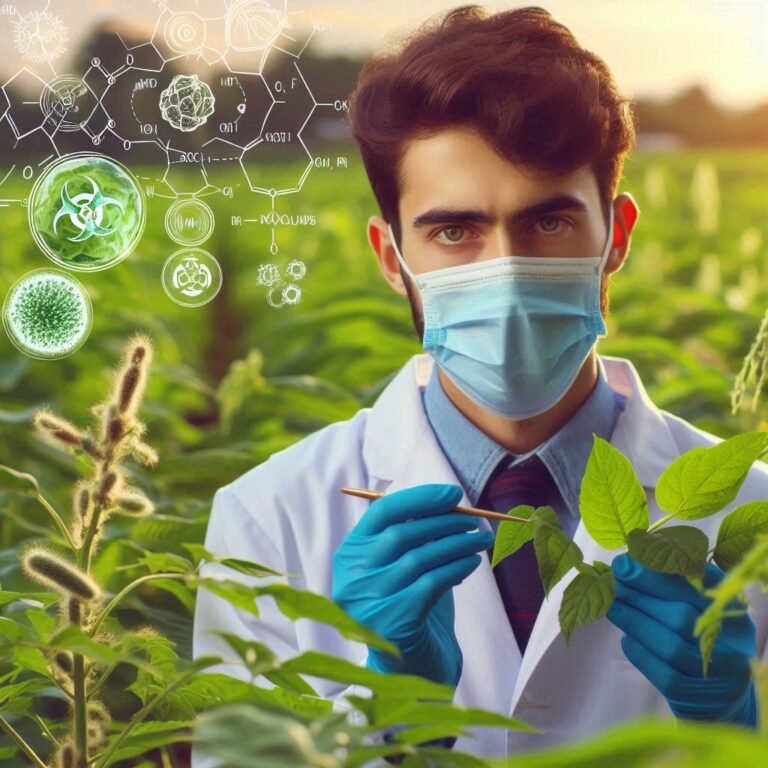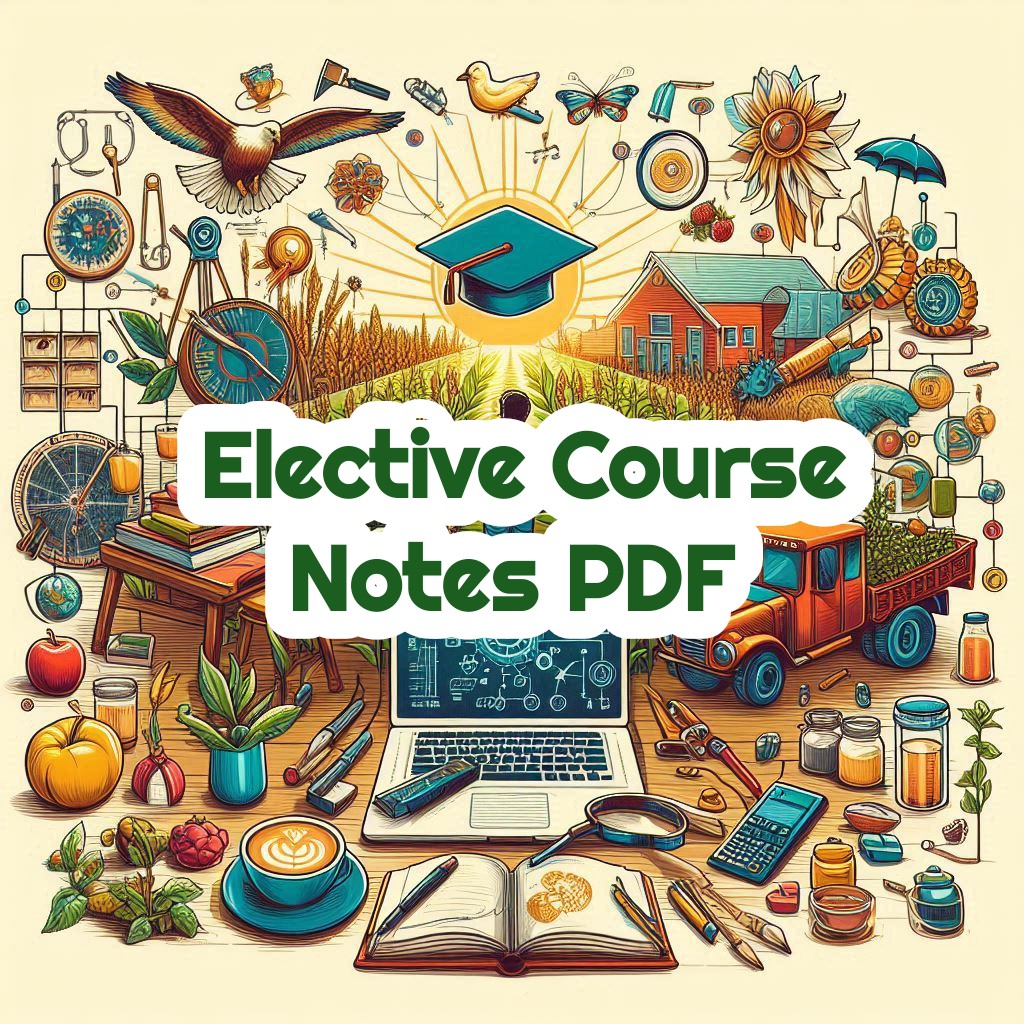Principles of Integrated Pest and Disease Management – BSc Agriculture is an undergraduate four years program divided into eight semesters focused on the science and practice of farming and crop production. It covers a range of topics including soil science, plant biology, pest management, and agricultural economics. This degree prepares students for careers in farming, agribusiness, research, and environmental management, combining theoretical knowledge with practical skills to address global food security and sustainable agricultural practices.
| Principles of Integrated Pest and Disease Management | Download |
BSc Agriculture 1st Semester Notes Download
BSc Agriculture Second Semester Notes Download
BSc Agriculture 3rd semester Notes Download
BSc Agriculture 4th semester Notes Download
BSc Agriculture 5th semester Notes Download
BSc Agriculture 6th semester Notes Download
Principles of Integrated Pest and Disease Management syllabus
Theory
Categories of insect pests and diseases, IPM: Introduction, history, importance, concepts, principles and tools of IPM. Economic importance of insect pests, diseases and pest
risk analysis. Methods of detection and diagnosis of insect pest and diseases. Calculation and dynamics of economic injury level and importance of Economic threshold level.
Methods of control: Host plant resistance, cultural, mechanical, physical, legislative, biological and chemical control. Ecological management of crop environment. Introduction
to conventional pesticides for the insect pests and disease management. Surveysurveillance and forecasting of Insect pest and diseases. Development and validation of IPM
module. Implementation and impact of IPM (IPM module for Insect pest and disease. Safety issues in pesticide uses. Political, social and legal implication of IPM. Case
histories of important IPM programmes.
Practical
Methods of diagnosis and detection of various insect pests, and plant diseases, Methods of insect pests and plant disease measurement, Assessment of crop yield losses,
calculations based on economics of IPM, Identification of biocontrol agents, different predators and natural enemies. Mass multiplication of Trichoderma, Pseudomonas,
Trichogramma, NPV etc. Identification and nature of damage of important insect pests and diseases and their management. Crop (agro-ecosystem) dynamics of a selected
insect pest and diseases. Plan & assess preventive strategies (IPM module) and decision making. crop monitoring attacked by insect, pest and diseases . Awareness campaign at farmers fields.


![[PDF] BSc Agriculture Notes PDF Download All Semester](https://eagronomy.com/wp-content/uploads/2024/09/AddText_09-23-09.36.51.jpg)
![[PDF] BSc Agriculture Second Semester Notes Download](https://eagronomy.com/wp-content/uploads/2024/09/AddText_09-23-09.26.04.jpg)
![[PDF] BSc Agriculture 3rd semester Notes Download](https://eagronomy.com/wp-content/uploads/2024/09/AddText_09-23-09.27.27.jpg)
![[PDF] BSc Agriculture 4th semester Notes Download](https://eagronomy.com/wp-content/uploads/2024/09/AddText_09-23-09.28.20.jpg)
![[PDF] BSc Agriculture 5th semester Notes Download](https://eagronomy.com/wp-content/uploads/2024/09/AddText_09-23-09.29.14.jpg)
![[PDF] BSc Agriculture 6th semester Notes Download](https://eagronomy.com/wp-content/uploads/2024/09/AddText_09-23-09.29.54.jpg)

![[PDF] Rainfed Agriculture and Watershed Management Notes](https://eagronomy.com/wp-content/uploads/2024/09/AddText_09-23-09.42.12.jpg)